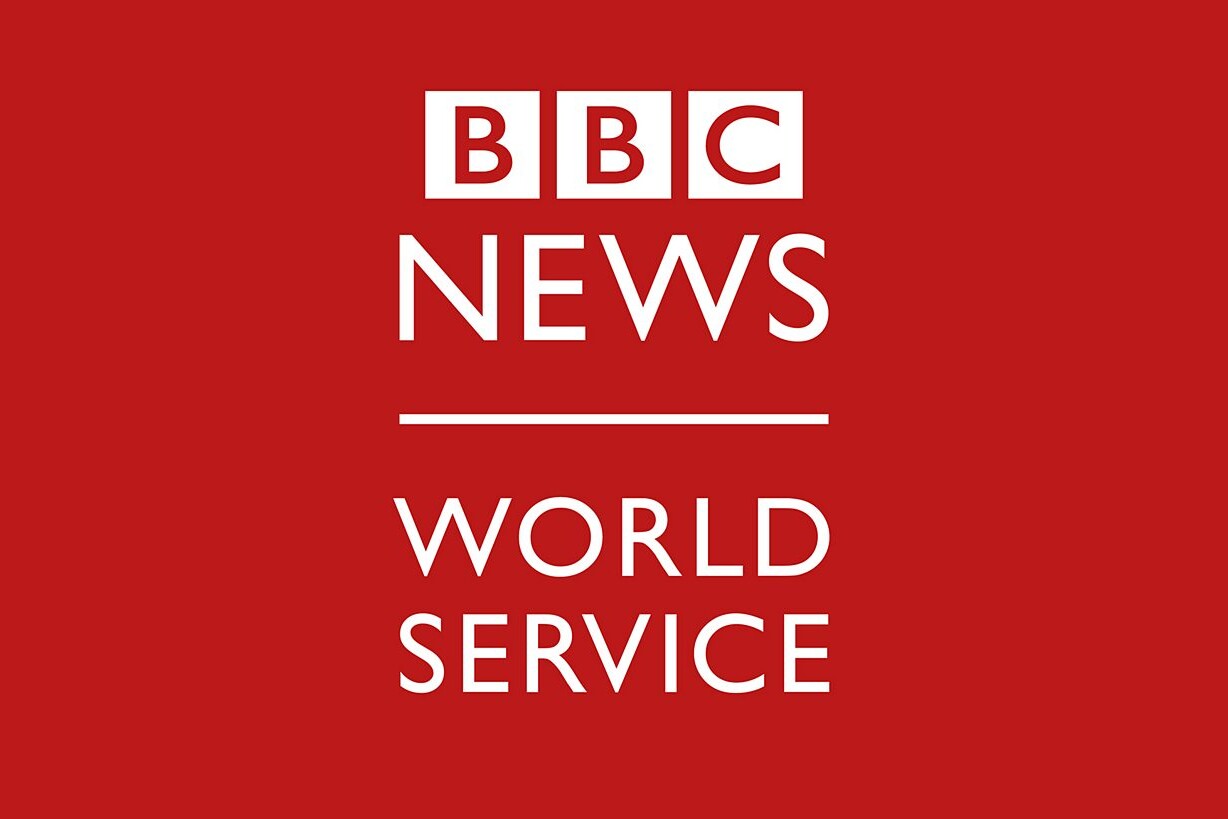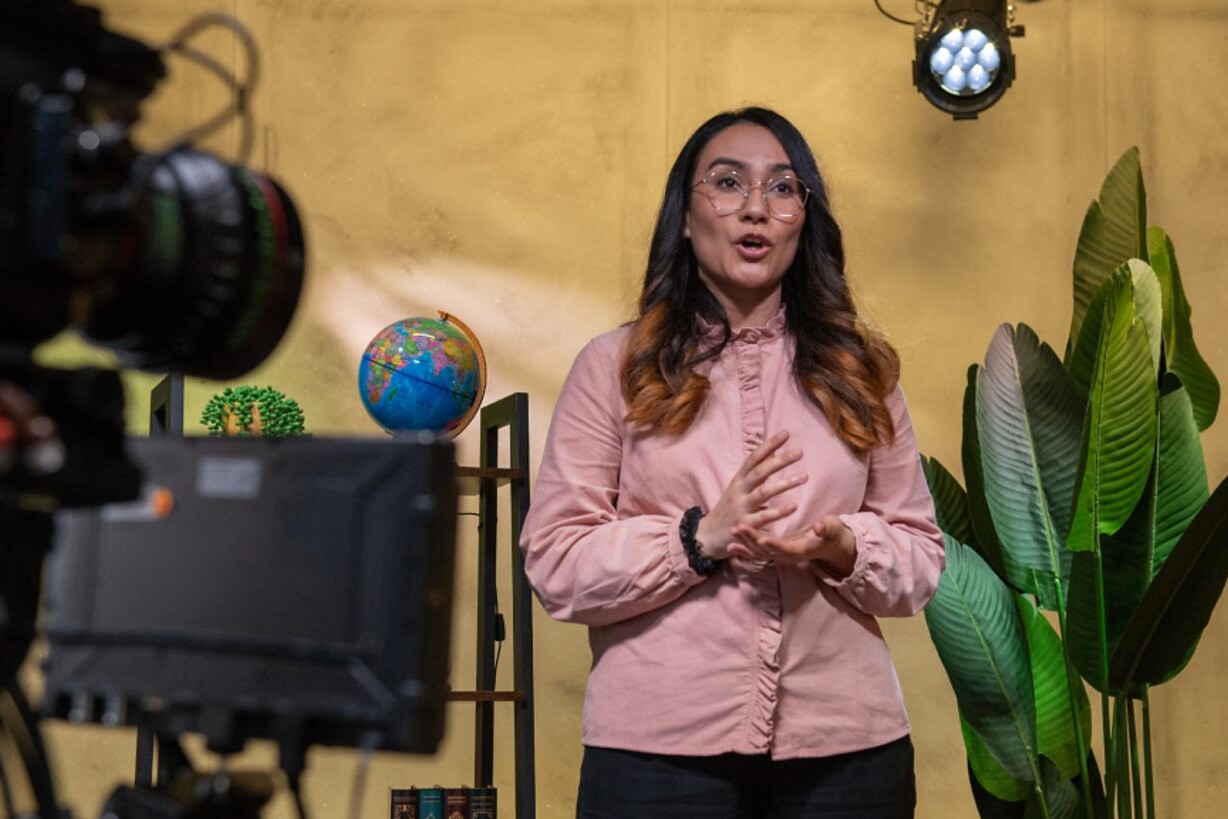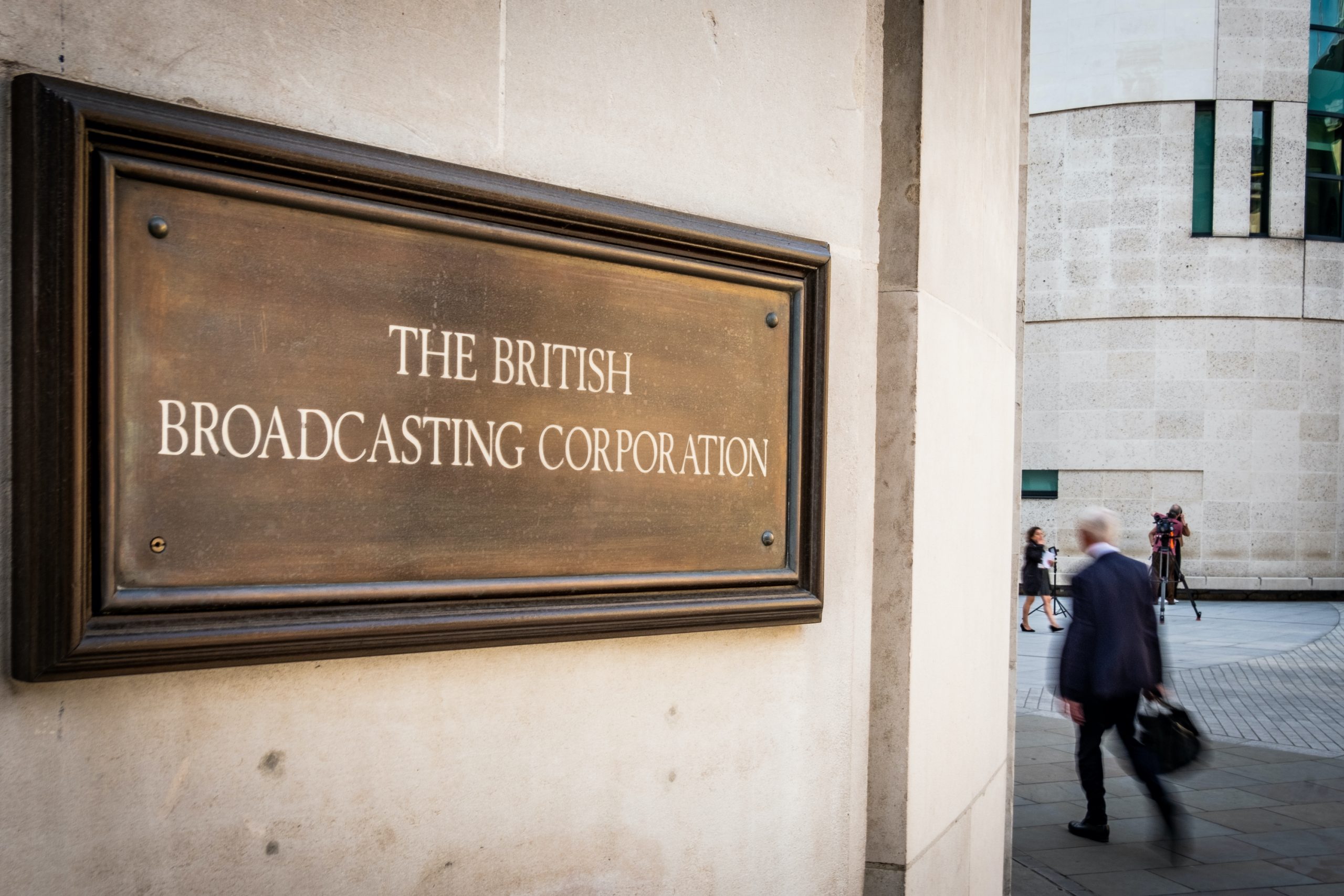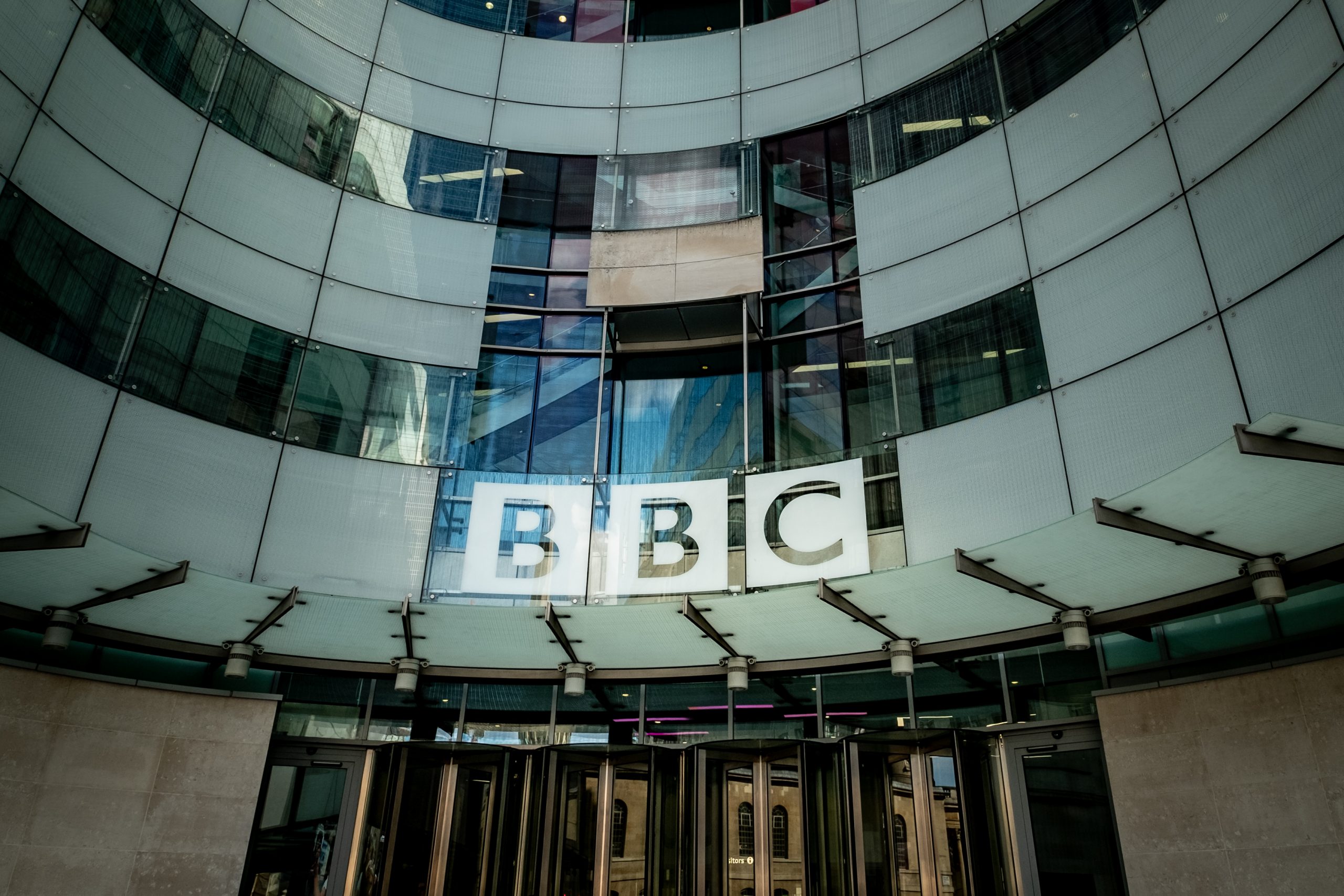MEMBER PRESS RELEASE
UN International Fact-Finding Mission on Iran confirms investigation into the threats faced by BBC News Persian journalists and their families
5th July 2023
The UN International Fact-Finding Mission on Iran has today (5 July 2023) confirmed that its investigation into human rights violations in Iran will include the targeting and harassment of journalists inside and outside of Iran, as well as the harassment of their families in Iran. The confirmation came during the 53rd session of the UN Human Rights Council.
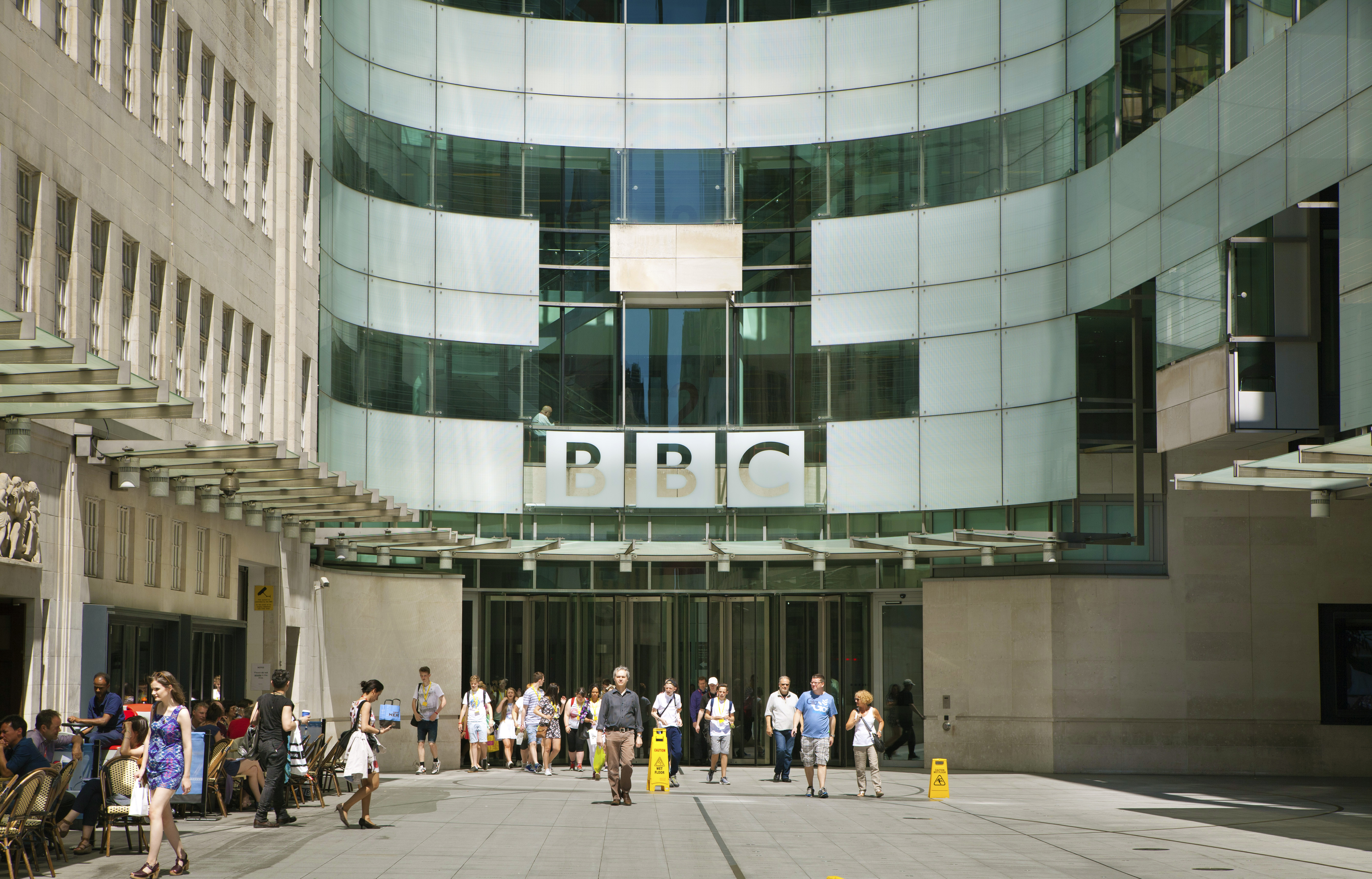
This press release was originally published on BBC.
The Fact-Finding Mission was set up by the Council to investigate “the deteriorating situation of human rights in Iran, especially with respect to women and children” and human-rights violations in Iran related to the protests that began on 16 September 2022. The BBC World Service filed a submission highlighting Iran’s harassment of BBC News Persian journalists and their families in Iran and has been engaging with the Fact-Finding Mission in relation to its mandate.
The Mission today reported on their progress to the Human Rights Council and their final report will be presented to the Council in March 2024.
During the interactive dialogue and in response to a question from the United Kingdom, the Fact-Finding Mission confirmed today in the Council that it will be investigating the targeted harassment of journalists inside and outside of Iran for their reporting on the protests, as well as the harassment of their families in Iran.
Read more: UN raises ‘grave concern’ with Iran over harassment of BBC News Persian staff
The European Union (EU) also raised its concern today in the Council about the targeting of journalists inside and outside of Iran in order to silence reporting and limit access to independent and objective reporting. The EU statement, which addressed the harassment of BBC News Persian and other international broadcasters, was endorsed by Austria, Germany, Italy, Malta, the Netherlands, Slovenia, and other EU member states.
“It is crucial that the Fact-Finding Mission’s report to UNHRC highlights the persistent harassment of the BBC News Persian journalists and their families by the Iranian authorities.” – Liliane Landor, Director, BBC World Service
The BBC made submissions about the harassment of BBC News Persian staff and reprisals against staff and their families in the wake of BBC reporting on the protests in Iran since September 2022. The BBC’s submissions address the following issues:
- The BBC and other foreign media organisations have been widely blamed by the Iranian government for the ongoing protests in an attempt to discredit their work. For example, government officials blamed BBC News Persian for the unrest and called for the BBC to be listed as a terrorist organisation as a result of their reporting on the protests.
- On 19 October 2022, the Iranian Ministry of Foreign Affairs named BBC News Persian as a sanctioned organisation for supporting and instigating terrorism, violence, hate-mongering and human rights abuses. This was accompanied by threats of property seizures.
- On 22 October 2022, an Iranian judiciary official called for BBC News Persian to be added to Iran’s list of terrorist groups.
- This was followed by news in November 2022 that the UK Foreign Office summoned the Iranian Deputy Ambassador over allegations of death threats to journalists covering the reporting of protests in Iran, and in February 2023 it was revealed that the UK police and the security services have foiled 15 plots by Iran to either kidnap or kill UK-based individuals it considers “enemies of the regime”.
- This, in turn, has resulted in escalated threats and online attacks directed at BBC journalists and increased threats to their personal safety to the point where at least one journalist has had to warn her children’s school in London about being vigilant about their safety.
- The satellite which transmits BBC News Persian TV has been subject to harmful interference – a tactic used by Iran to prevent Iranians from accessing the service, particularly at times of disruption.
The intended effect of these attacks and targeting of the BBC and its journalists is to silence those committed to reporting on Iran and to silence reporting on the protests.
Liliane Landor, Director, BBC World Service said: “It is crucial that the Fact-Finding Mission’s report to UNHRC highlights the persistent harassment of the BBC News Persian journalists and their families by the Iranian authorities. The BBC World Service coverage of the 2022 Iran protests brought about a renewed string of attacks on our journalists, targeting them and their families for their reporting – thus seeking to silence that reporting, to limit access to independent information about the events in Iran and about the causes of those events. This harassment and persecution of our journalists must stop.”
Subscribe toour newsletter
Keep updated with the latest public
media news from around the world
BBC World Service provided an overview of the types of harassment seen since the reporting on the protests:
- Ongoing and increased concerns about security in light of extraterritorial threats, including security concerns in London and in third countries where journalists have historically travelled for family reunions (i.e. those third countries where Iranians can easily obtain visas);
- Increased harassment of family members in Iran, resulting in further family pressure to leave the BBC so that the family is protected from such harassment and risks;
- Ongoing use of national security laws to threaten, target and punish BBC News Persian journalists and the BBC for journalistic work. This includes continuing the national security criminal investigation and associated asset freeze against BBC News Persian staff, which operates as a blunt financial sanction on BBC News Persian journalists and their families; and government officials calling for the BBC to be declared a terrorist organisation because of BBC News Persian reporting;
- Increased concern about intelligence and counter-intelligence activity aimed at undermining the professional reputation of BBC News Persian and its journalists;
- Increased and continued online attacks, particularly on social media, which is fuelled by all of the above. There are particular issues with gendered attacks on women journalists, which results in self-censorship and journalists removing themselves from public and online spaces required for their journalism;
- Increased reports of mental and physical health impacts of the sustained pressure, the isolation the BBC News Persian staff feel from their families and the impact on their personal lives in London.
Caoilfhionn Gallagher KC and Jennifer Robinson of Doughty Street Chambers, counsel for the BBC World Service, said: “Iran is targeting and harassing Iranian BBC staff in London and their families in Iran to try to silence independent reporting on events in Iran, including on the protests and ongoing discrimination against women and girls. Iran’s actions against the BBC and its staff are unlawful and violate international human rights law; they violate the rights of BBC staff and their families, as well as the rights of the Iranian people to receive and share information. We urge the Fact-Finding Mission to investigate and report on Iran’s attempts to interfere with and silence reporting on the protests and the reprisals against BBC staff and their families. We urge the international community to raise their concern with Iran about the transnational repression of independent journalism to limit the free flow of information to the Iranian people.”
Since 2017, the BBC World Service has filed a number of UN complaints over the treatment of BBC News Persian staff and their families, represented by Caoilfhionn Gallagher KC and Jennifer Robinson at Doughty Street Chambers, and supported by the National Union of Journalists (NUJ) and the International Federation of Journalists (IFJ).
Related Posts
2nd May 2023
BBC World Service launches emergency radio service for Sudan
The programme, which will be broadcast…
10th February 2022
BBC files urgent complaint to UN against Iran’s ongoing harassment of BBC News Persian journalists and their families
The urgent complaint comes as Liliane…
